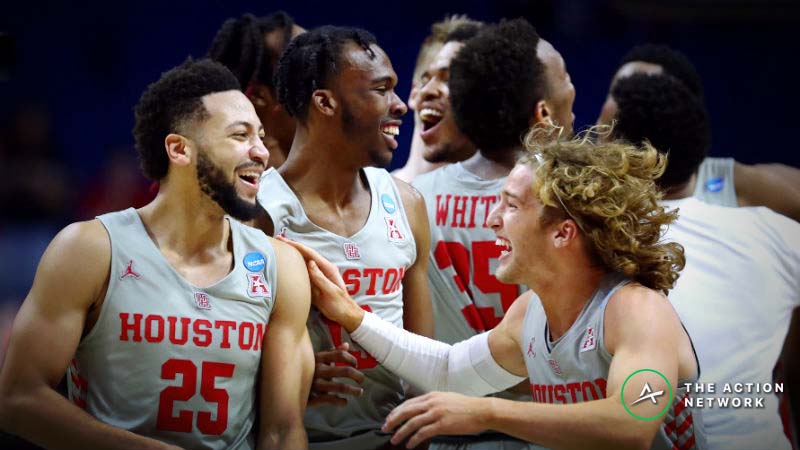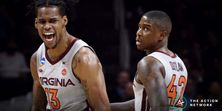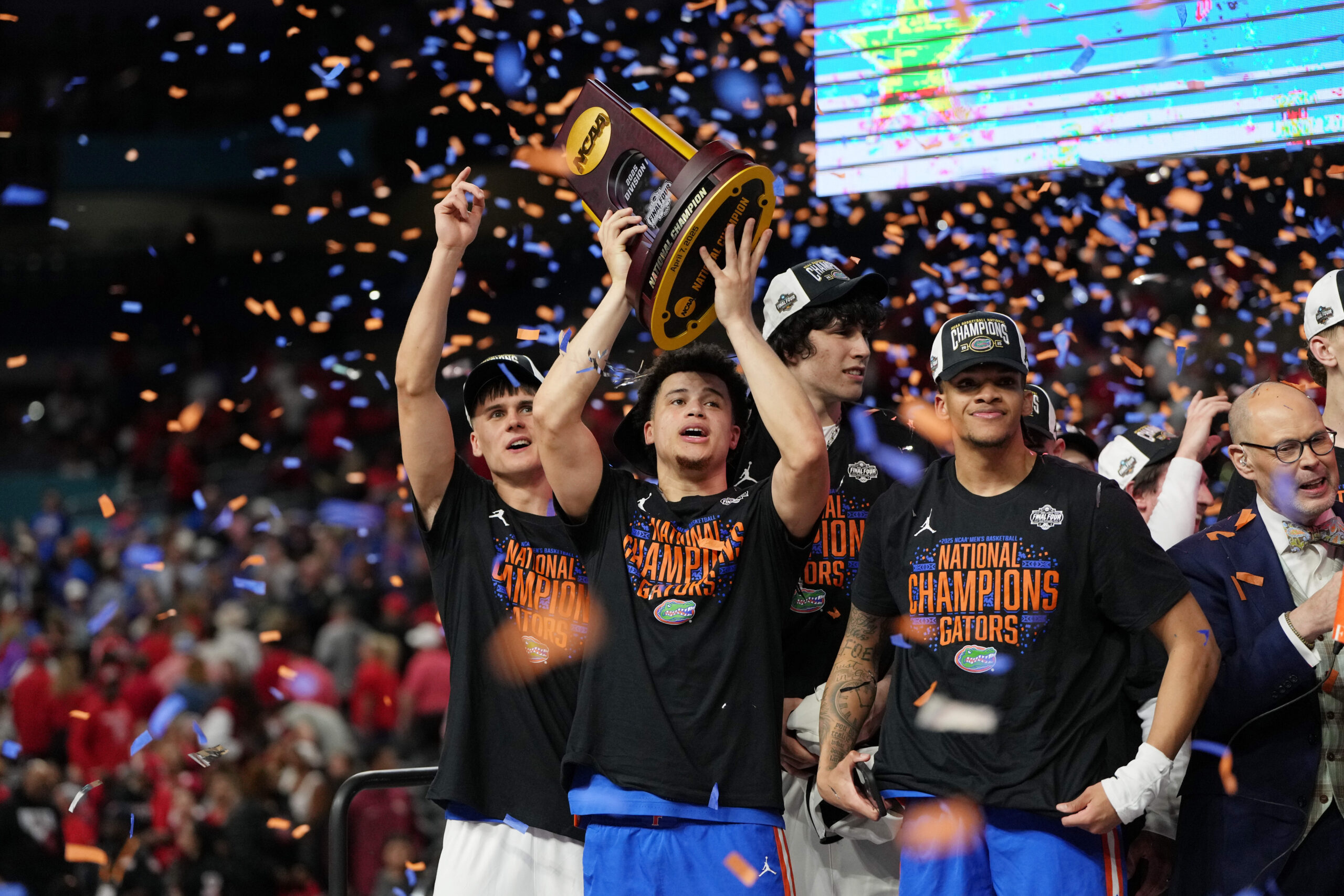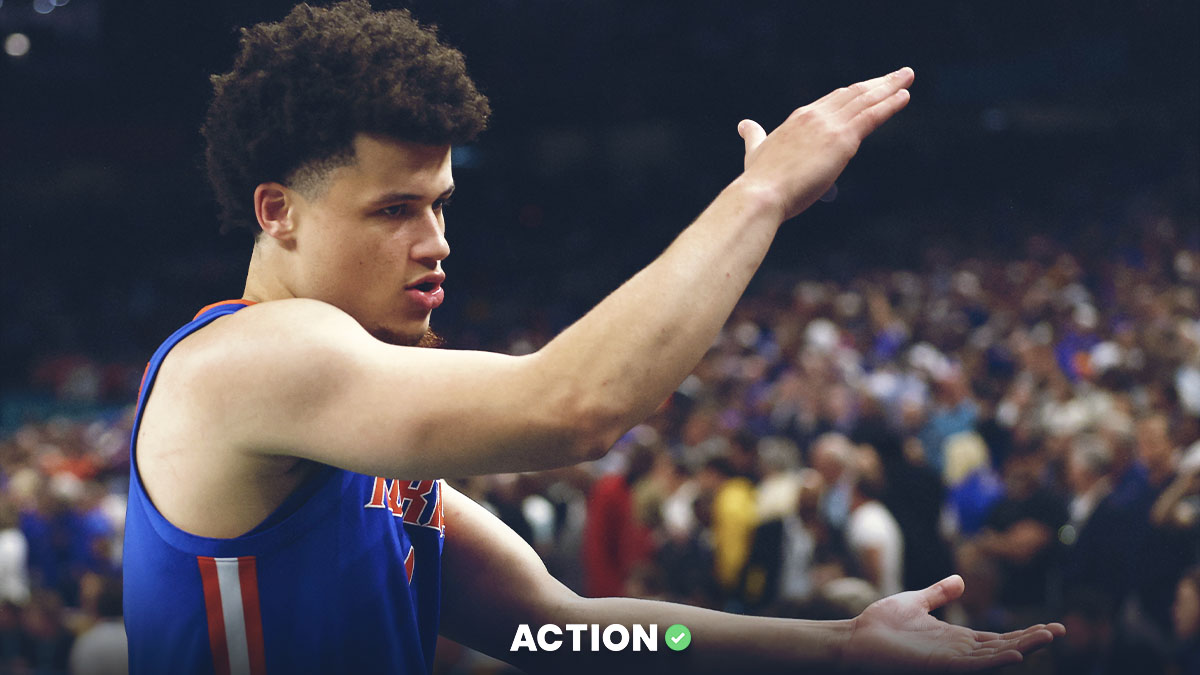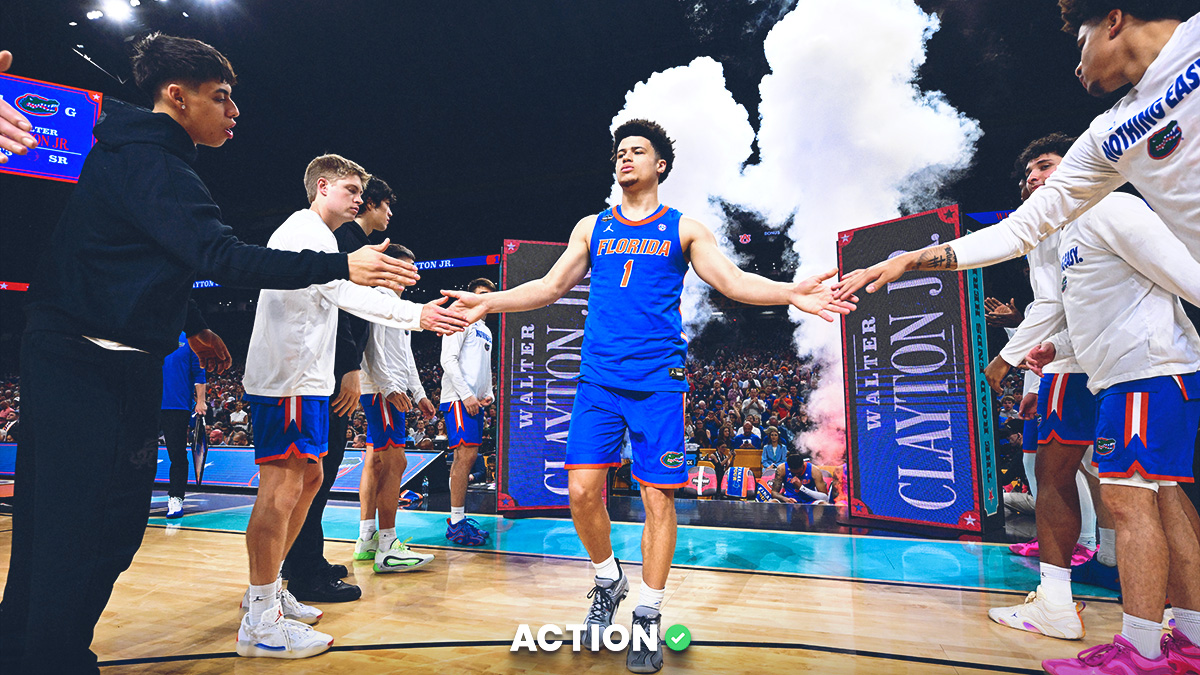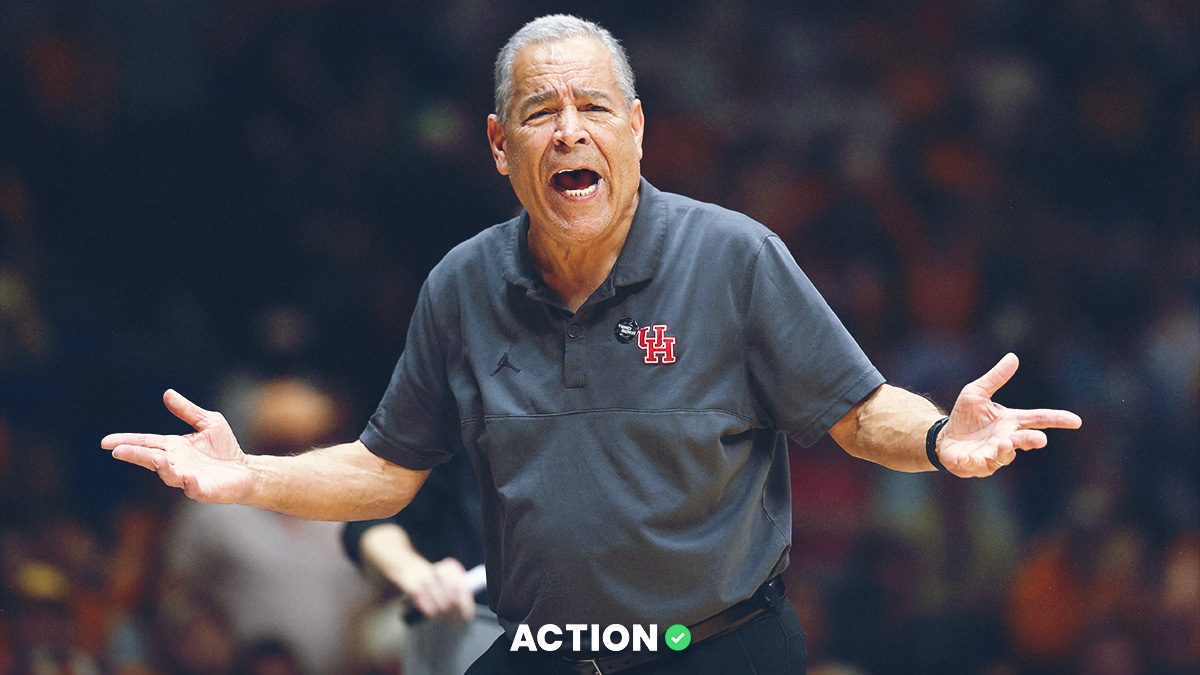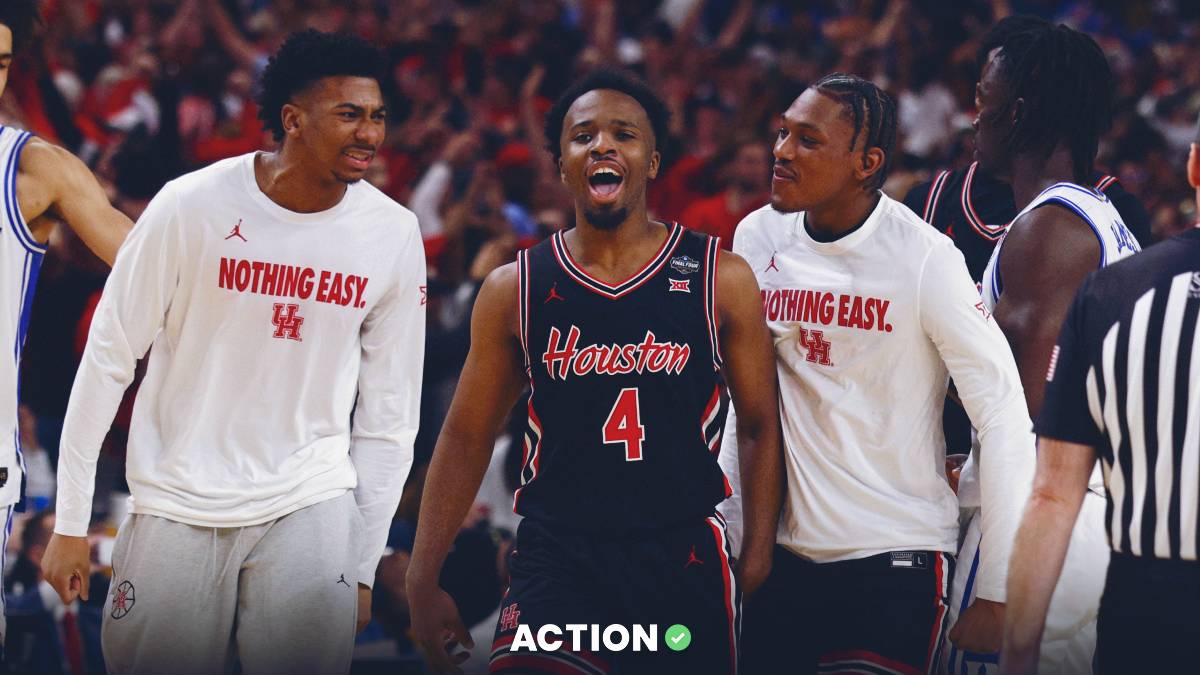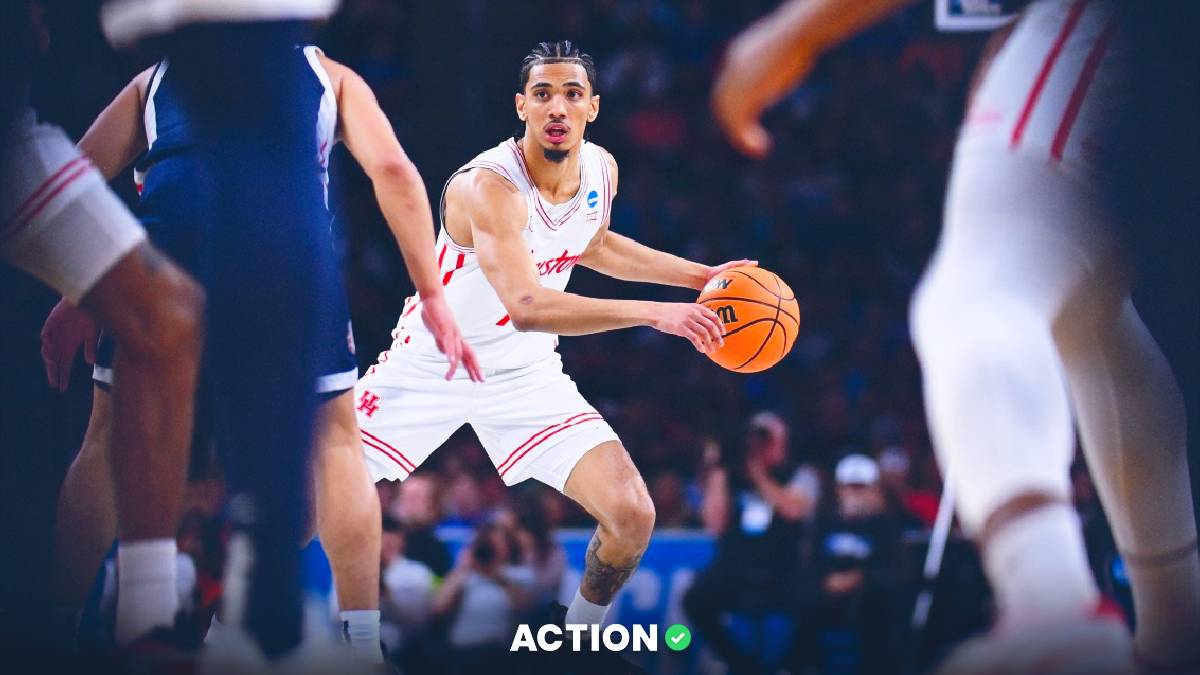Futures are a popular place to look when trying to find wagers beyond point spreads in the NCAA Tournament. Even though we're into the second weekend, it feels like Auburn at 25-1 or Florida State at 33-1 is still a bargain since there are just a few games to go.
But a moneyline rollover is often a better approach at this stage. This involves betting a team's moneyline, then using the winnings to bet the moneyline in the next game. This strategy is especially favorable for teams that will be underdogs in the remainder of their potential matchups.
Here's an example. A $100 futures bet on Florida State would net $3,300 if it won the national title at 33-1.
But let's say you used the moneyline rollover strategy instead. Betting $100 on Florida State as a +270 underdog in the Sweet 16 against Gonzaga would net $370 if it wins. Then, you'd bet that $370 on FSU in the Elite Eight, and so on. You'll easily top the 33-1 price offered in the futures market.
Using our bracket simulator, you can forecast point spreads and moneylines against possible opponents to calculate how much you might win should FSU win it all.
In fact, depending on the teams Florida State plays, you can get north of 160-1 "odds" for the Seminoles to win the national title.
You also have the option of pocketing your original wagers, which would decrease the overall payout, but guarantee a profit from each round.
There's also the option of pulling out after a pair of rounds, rather than hedging on a futures bet if you're not a fan of a team's Final Four matchup. In the above example, you would have done better than 33-1 even before the championship game.
It is important to check your book's limits, and your personal limits at those books, to ensure you'll be able to get the proper amount of money down.
So Which Team Deserves a Rollover?
Rollovers almost always work better with teams that you know will be underdogs in their remaining games. It doesn't make much sense with Duke.
So look no further than the Houston Cougars (22-12-2 against the spread) — the No. 3 seed in the Midwest Region. Not only has Kelvin Sampson's bunch delivered for its backers all season, but it presents loads of moneyline value the rest of the way, too.
Houston is +125 for its Sweet 16 contest with No. 2 Kentucky on Friday. If the Cougars win, they'd either be a 7.5-point underdog against No. 1 North Carolina or a 2-point dog vs. No. 5 Auburn, per Sean Koerner's Bracket Simulator.
Their moneyline would either be considerably higher or right around the same price as a result.
The lone opponent Houston could be a favorite against is Oregon — a No. 12 seed in the South Region. The likelihood of the those teams meeting up in the Final Four is equivalent to Will Wade coaching LSU again, though — almost non-existent.
But what makes the Cougars' attack lethal enough to continue their run? After all, they've only beaten No. 14 Georgia State and No. 11 Ohio State.
Even though Sampson's bunch is a bit undersized, it boasts the 12th-highest rated Adjusted Defensive Efficiency in Division I. Its ball pressure limits opponents' space to attack the rim, forcing them to rely on their perimeter offense.
Sampson's defensive scheme plays right into his hands in the upcoming affair with the Wildcats, as they rely on their interior offense at an above-average clip. I'd consider jumping on the ML before the matchup gets closer to tipping off, as its value will dip if Kentucky sophomore forward P.J. Washington (14.8 points per game) misses his third straight contest with a foot sprain.
At the other end, Houston's 20th-ranked Adjusted Offensive Efficiency stems from its excellent 3-point shooting (35.5%).
The Cougars have notched the 78th-highest perimeter scoring rate (35.8%) in the nation, so they love to shoot from deep. Their defense allows them to control the pace, creating mismatches in transition to produce cleaner 3-point looks. No. 1 North Carolina, No. 2 Kentucky and No. 5 Auburn each present susceptible perimeter defenses, too.
On top of that, their elite-level gang rebounding — ranked 21st and 62nd offensive and defensive rebounding rate — can compete with the lengthier units left in the bracket.
Jordan Poole hits a three-pointer as time expires and Michigan beats Houston to advance to the Sweet 16. pic.twitter.com/KTZ9vfTgIn
— Brad Galli (@BradGalli) March 18, 2018
Houston failed to advance past the Round of 32 after it was demonized by Michigan wing Jordan Poole's buzzer-beating 3-pointer in the same spot last year. Don't expect its achievement to halt possible success from here on out, though.

